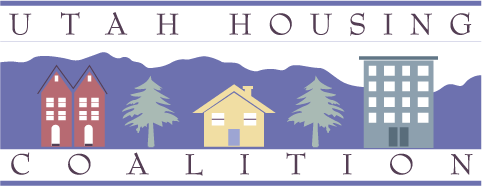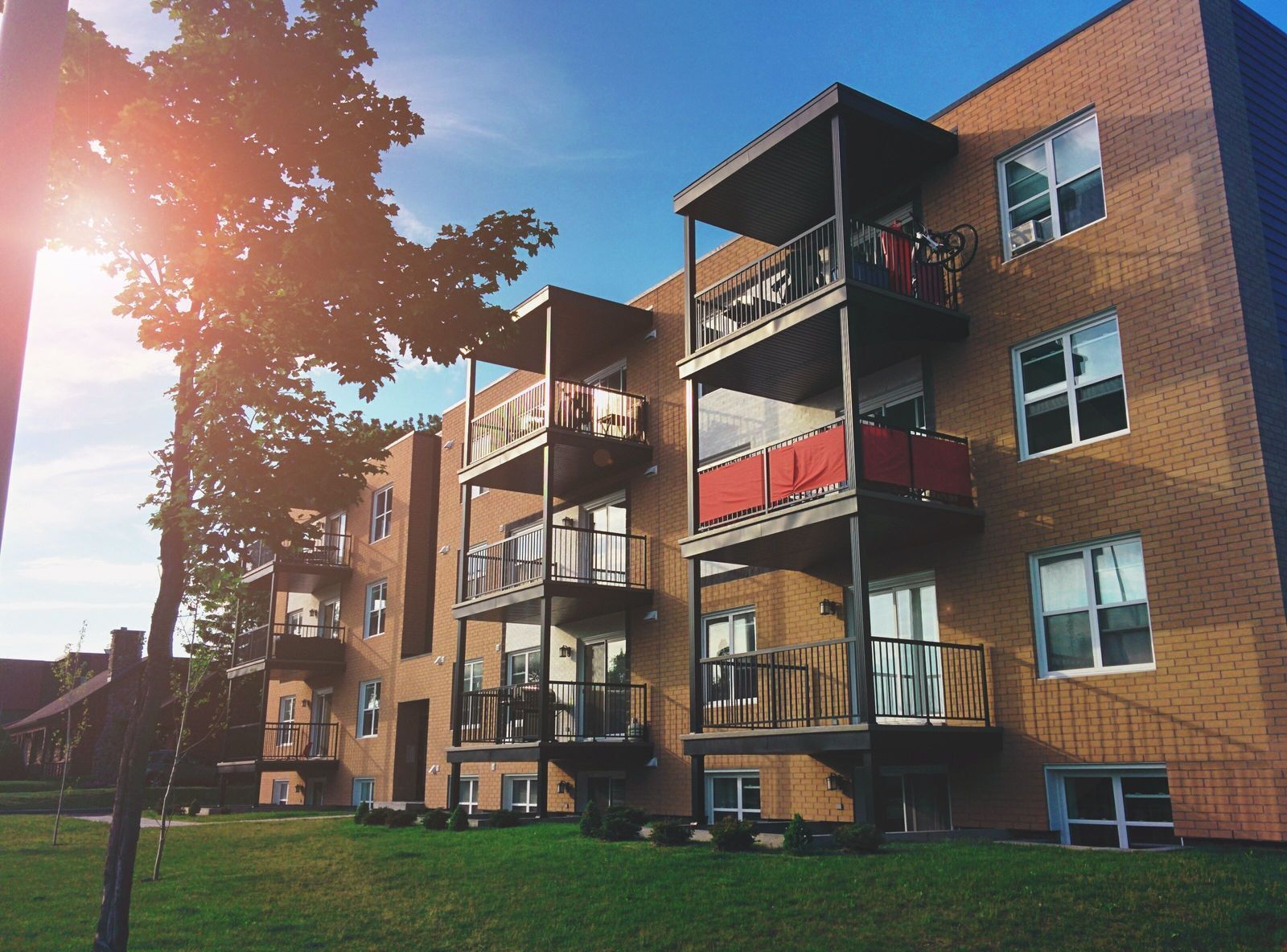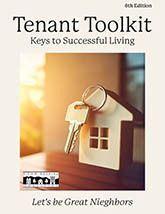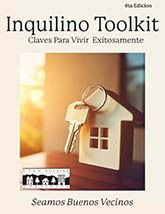A message to Landlords & Tenants
For years, landlords and tenants have struggled to communicate with one another in a manner that allows the concerns, issues, and rights of both parties to be mutually respected and addressed. Property owners and managers have struggled to maintain their businesses and livelihoods while balancing the needs of tenants. Tenants have had difficulty understanding the purpose behind what can seem like heavy-handed policies and rules. Both sides of the overall landlord/tenant issue have valid concerns.
This multilingual booklet, available in Arabic, English, Spanish and Vietnamese, seeks to address key concerns in a meaningful and respectful manner. Our goal is to equip tenants with valuable information that supports the interests of both landlords and renters, ultimately serving as a guide to successful rental experiences.
The content is organized into three main sections: Before You Rent, Being a Successful Tenant, and Preparing to Leave. We believe these resources will enhance the relationship between property owners, managers, and tenants, fostering a more positive rental environment.
Renters Living in Foreclosed Properties
This webpage is designed to assist tenants and their advocates to protect and enforce their rights under the PTFA. While every effort has been made to provide accurate information, the material provided on this page, including the draft documents provided in the attached Toolkit, are only recommendations and do not constitute legal advice. In all cases, tenants are advised to contact an attorney.
Housing Authorities provide affordable housing choices for low-income renters. These agencies offer programs for rental assistance, such as Section 8 housing vouchers and may also own and manage properties designated for low-income households. Housing Authorities typically maintain a waiting list for vacant units and available housing vouchers.
To be eligible for a housing voucher or other housing assistance at a Housing Authority, you must meet certain income thresholds based upon your household size. Contact the Housing Authority in your area for more information or to apply for housing assistance. Click here for a list of Utah Housing Authorities
Other Resources
-
United Way 2-1-1 Information and Referral is a statewide service of United Way of Salt Lake that connects people to important health, human, and community service programs.
-
The Disability Law Center (DLC) is a private non-profit organization. We are designated as the Protection and Advocacy agency for the state of Utah to protect the rights of people with disabilities in Utah.
-
Utah Legal Services is a nonprofit law office committed to making equal justice a reality by providing free legal help in non-criminal cases to low-income Utahns
-
Utah Community Action Program is a non-profit organization that provides a wide range of services aimed at helping low-income people become self-sufficient.
-
Free or low cost resources for the Latin/Hispanic community. Their mission is to promote the well-being of culturally diverse and underserved individuals by providing services for health, safety, legal and social growth.
-
AAA Fair Credit Foundation is a nationally certified 501(c)(3) non-profit organization providing financial counseling, financial education, debt management, and asset-building programs
-
The National Housing Preservation Database allows users to search for affordable housing by area, housing type, funding stream and other characteristics of affordable housing.
-
The Utah Affordable Housing Database is operated by the state of Utah and provides up to date information on affordable housing choices in Utah. Users can search based upon their individual housing needs.
-
The Antidiscrimination & Labor Division's Fair Housing focus is to administer and enforce Utah's Fair Housing Act.
-
With rising costs of living and rent, an increasing number of Utahns are facing housing insecurity. Approximately 8,500 people became homeless for the first time in 2022. How can we help prevent homelessness, as well as assisting those already unhoussed?
-
A report from the Utah Bar Foundation found the state's eviction policies are some of the most punitive in the country and often favor landlords. And in cases that go to court, less than 5% of renters have legal representation. Advocates worry this leaves Utahns vulnerable to homelessness. We look into the help that's available, plus, how laws regulating landlord-tenant relationships could change.
-
If you or someone you know is experiencing interpersonal violence, please call our helpline at (800) 647-9161.



